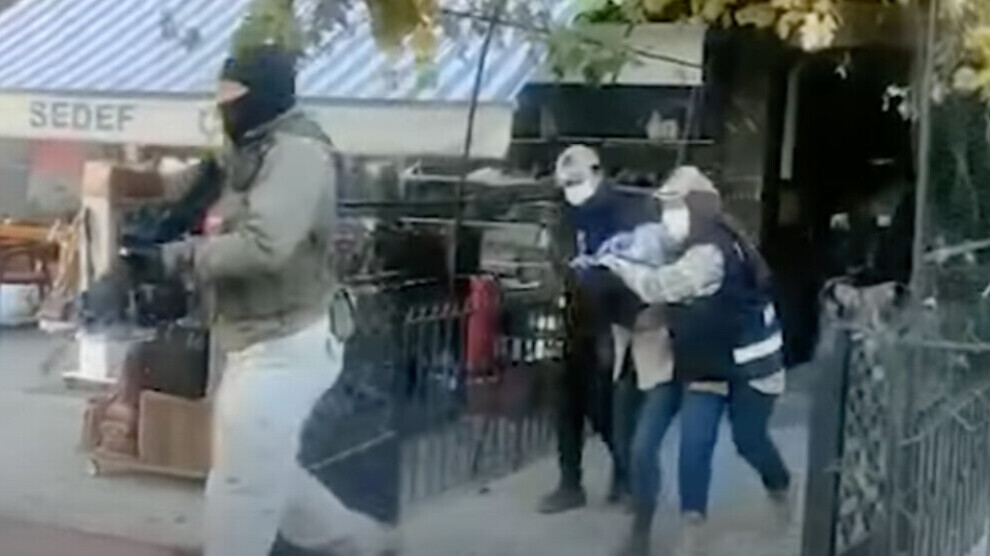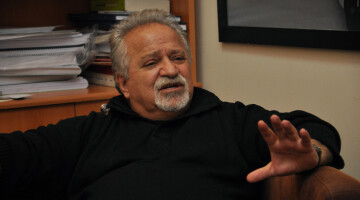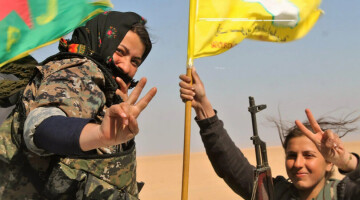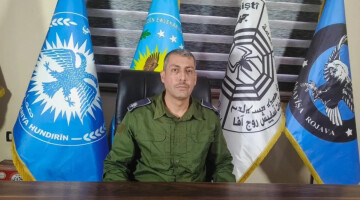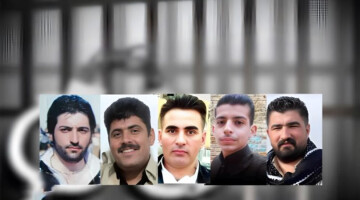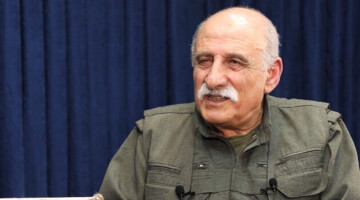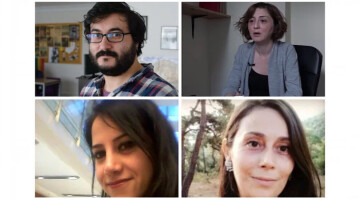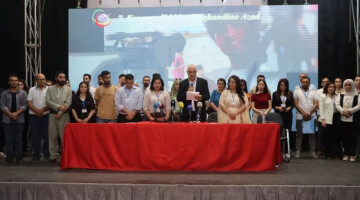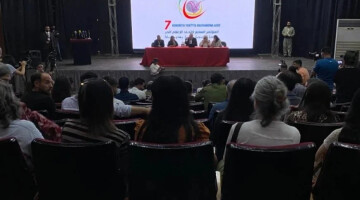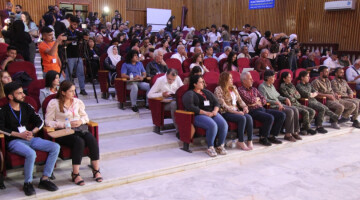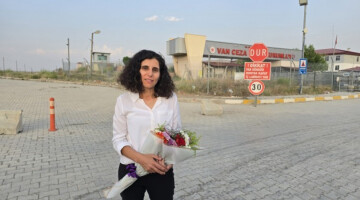On Tuesday, eleven journalists were taken into custody in simultaneous raids against Kurdish media in Turkey on the orders of the Ankara Chief Public Prosecutor's Office. A ban on lawyers was imposed for the first 24 hours after the arrests. Those detained have been able to speak to their legal advisors at the Ankara police headquarters today.
Berivan Altan, a correspondent for the MA (Mezopotamya Ajansi) news agency, sent a message of thanks through her legal advisor to all those who are showing solidarity with her and her colleagues. She reported that she was handcuffed behind her back and abused during her arrest. Before the police officers involved entered her flat, they stood outside the door for a long time. When she was taken away, she was told that her head would be pushed down and that she should not make any trouble. As she refused to bow her head, force was used.

During the transport to the police station, the accompanying police officers were asked by telephone to forward the video recordings of the arrest. The footage was published shortly afterwards on Twitter by the Ankara police directorate as an "operation against the terrorist organisation PKK/KCK". Apparently, there is a state interest in showing Kurdish women with their heads bowed. A similar procedure took place when the HDP MP Semra Güzel was arrested in Istanbul at the beginning of September. The pictures of the Kurdish politician were staged in the media and spread thousands of times.
On the other hand, MA Editorial Director Diren Yurtsever told her legal counsel that when her flat in Istanbul was searched, books, magazines and newspapers were confiscated as alleged evidence. As she was being taken away, a police officer reportedly said to a neighbouring shopkeeper, "Terrorists live here." During transport to the Istanbul police station, she was subjected to sexist insults and threats. During a health check in hospital, which is common in Turkey after arrests, a policeman called her a "studied terrorist". When she insisted that the psychological violence she had suffered be included in the medical certificate, a policeman said: "You talk about psychological violence, but now the physical torture will begin, you'll see.”

At the police station, officers tried to photograph Yurtsever with her hands tied in front of a Turkish flag. She resisted and the police said it was a normal procedure. In the end, she was photographed without a flag.
The detained journalists are Diren Yurtsever, editor-in-chief of the Mezopotamya News Agency (MA), MA correspondents Deniz Nazlım, Selman Güzelyüz, Zemo Ağgöz, Berivan Altan, Hakan Yalçın, Emrullah Acar and Ceylan Şahinli, and JinNews correspondents Habibe Eren and Öznur Değer. Mehmet Günhan, a former MA intern, was arrested at his home in Manisa. All the accused are or have been working for the MA's Ankara office in the past.
Journalist Zemo Ağgöz is on maternity leave and could not breastfeed her 45-day-old baby until five hours after the arrest, when the infant could be brought to the police station after lawyer intervention.
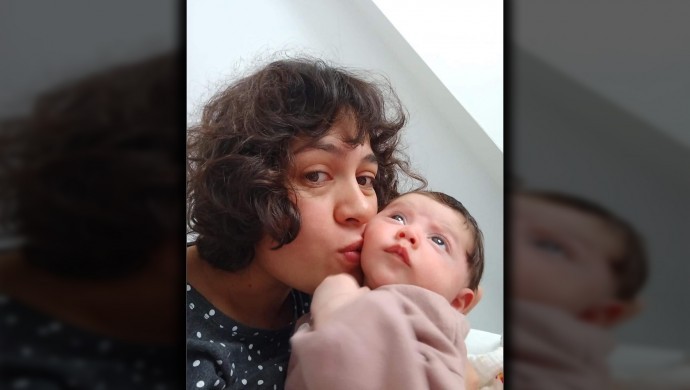
The journalists are accused of incitement of the people because of their reporting. In recent days, MA has frequently reported on the war crimes committed by the Turkish army through the use of chemical weapons in Kurdistan. A secrecy order was imposed in the case, and the specific charges are unclear. Those detained had no access to legal counsel for 24 hours, and the order was justified by the serious "nature of the offence". According to the Ankara Police Directorate, three other journalists are being sought. The arrests were ordered by the Ankara Chief Public Prosecutor's Office. All those detained were taken to the Ankara police headquarters.
The simultaneous arrests were accompanied by assaults and threats. The editorial office of the Mezopotamya news agency in Ankara was searched for six hours. Five computers, two hard drives, a microphone, a telephone, calendars, books, newspapers, magazines, a newspaper archive from the past thirty years and pictures of journalists murdered in the 1990s were confiscated. A picture of the Kurdish journalist and Jineolojî researcher Nagihan Akarsel, who was murdered by the Turkish secret service MIT in Sulaymaniyah on 4 October, was torn up by the police.

